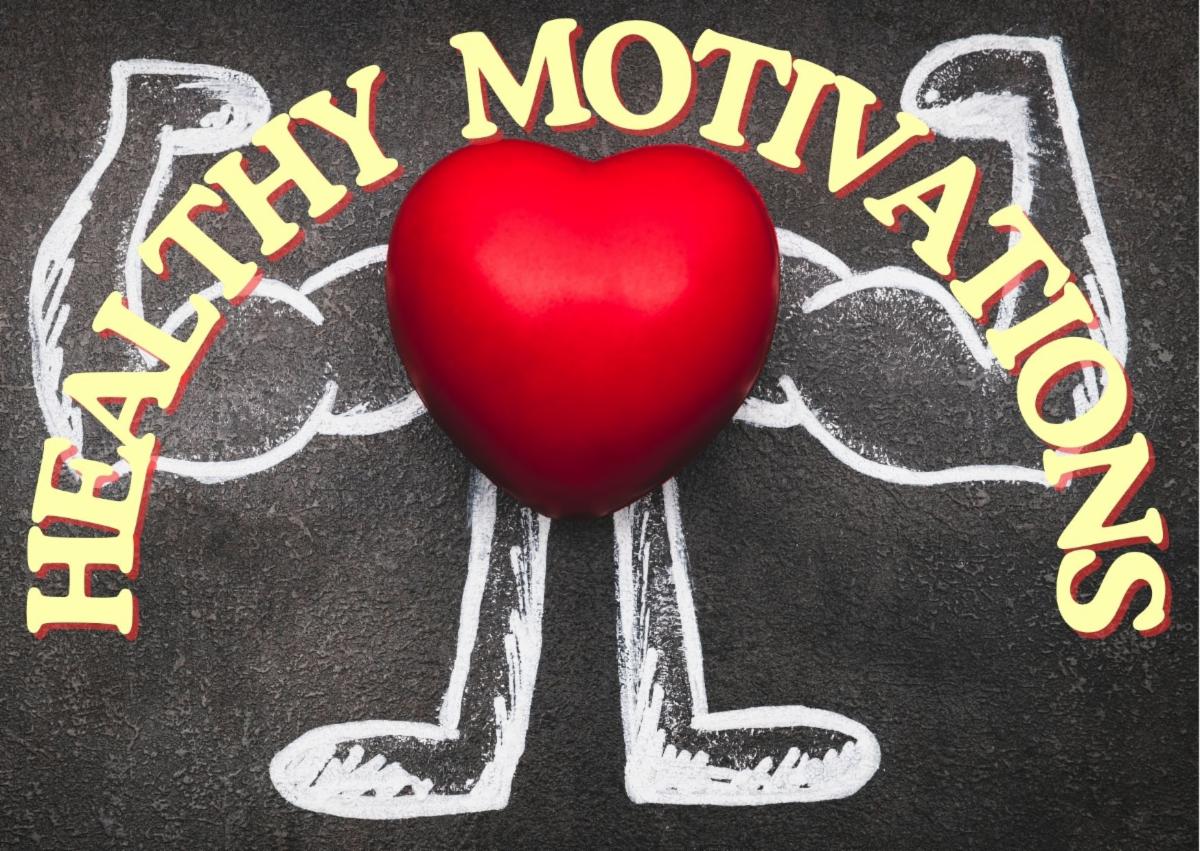
It might be the new American pastime, weight loss. Everywhere you turn, there is a new system or plan to drop some unwanted pounds. Rightfully so, according to the Centers for Disease Control and the National Institute for Health, 73.6% of Americans are overweight. Studies have shown that even a moderate loss of 10 pounds lowers the risks of cardiovascular diseases, such as kidney disease, high cholesterol, and hypertension. A quick online AI search will give you the following internal improvements: a healthier immune system, reduced joint pain, increased life expectancy, better sleep, more energy, improved memory, less anxiety, and a better mood.
Even with all these health benefits, most people’s true motivation is to be more attractive to others. In other words, we want to be a little slimmer not for the intrinsic value but for the way we will look. As we age, we become more concerned with the health benefits, but on some level, we are consumed with our external appearance and how that might improve if we only lost some poundage.
As I write this, I am cathartically discussing my journey. Personally, I want to lose a few extra pounds, but sometimes, I find the health benefits to be a poorly recognizable metric. I won’t be able to perceive some of these internal outcomes for a long time, if ever. However, I can see the results in the mirror.
In our class on Galatians, we have been studying how easy it was for that early church to want to adhere to the Mosaic Law. It is nice to have easily defined measurables that provide instant feedback. You are circumcised, or you aren’t, whether you eat kosher meals or you don’t—clear cut and definitive. Yet Paul makes it known that being a follower of Christ is about a change of heart because of faith. It reminds me of our Life Group Study in Mark, as Jesus addressed the objection of the Pharisees regarding the washing of hands.
Mark 7:14-15, 17-23 – “After He called the crowd to Him again, He [began] saying to them, “Listen to Me, all of you, and understand: 5 there is nothing outside the person which can defile him if it goes into him, but the things which come out of the person are what defile the person.”… And when He later entered a house, away from the crowd, His disciples asked Him about the parable. And He said to them, “Are you so lacking in understanding as well? Do you not understand that whatever goes into the person from outside cannot defile him, because it does not go into his heart, but into his stomach, and is eliminated?” (Thereby He declared all foods clean.) And He was saying, “That which comes out of the person, that is what defiles the person. “For from within, out of the hearts of people, come the evil thoughts, acts of sexual immorality, thefts, murders, acts of adultery, deeds of greed, wickedness, deceit, indecent behavior, envy, slander, pride, and foolishness. “All these evil things come from within and defile the person.”
It is easy to get into the idea of external measurables, actions like washing your hands or keeping the Sabbath to demonstrate your piety. Looking inward and discovering the root of your spiritual unhealthiness is far different. Additionally, when we only focus on those items that are externally measurable, we neglect or avoid those issues that are harder to change. Notice that Jesus doesn’t tell the crowds not to wash their hands but that there is a deeper issue and, more importantly, a better motivating factor. He advises them to consider the proximity of their hearts to God (Mark 7:6).
There are no spiritual cholesterol tests or heart monitors to diagnose these issues; You must discover and eliminate these roadblocks as you walk in the light. Thankfully, God has blessed us with His Spirit to reveal to us these things (John 16:13) so that our hearts do not hold onto these devastating ailments.
I encourage you to reflect on these thoughts over the next week and whether you are merely focusing on the externals of your faith or whether you are drawing near to God with healthy motivations.